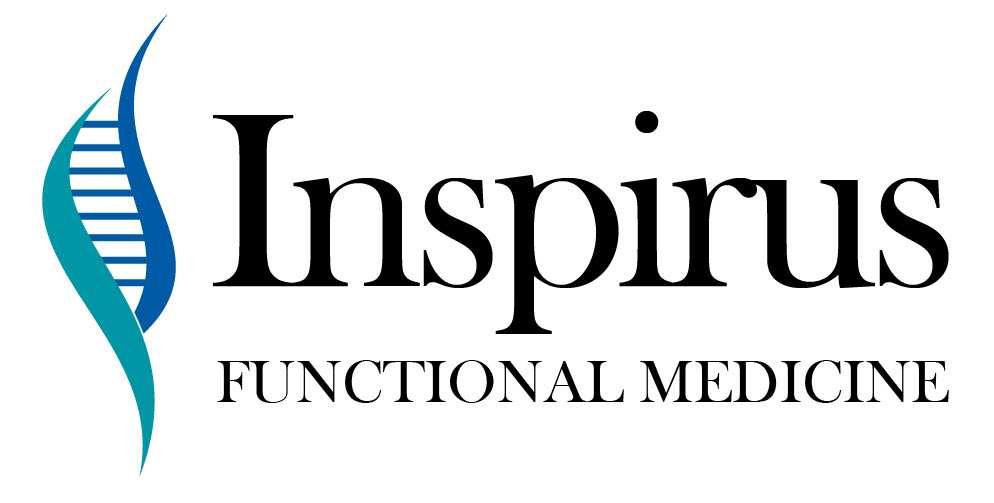You’re not sleeping well. You’re chronically tired and congested. And you have a case of the blues. You head to your primary care provider for—if you’re lucky—a 7-minute discussion about what’s ailing you. Your provider hands you a prescription or two to address your symptoms, shakes your hand, and sends you on your way. Case closed. Does this approach make anyone better? The answer is no. It is actually more likely that the “here’s- -a-prescription-see-ya-later approach” is making patients sicker. As a clinician I have witnessed this process firsthand. This is how most providers are trained to practice. As a patient I have experienced this practice first hand. Drugs prescribed to treat symptoms, not to restore health. I’m taking a new approach. By applying the principles of Functional Medicine, we can create a path toward restoration of health.
So, just what is “Functional Medicine?” I believe it’s the most thoughtful and effective way to treat patients—particularly those with chronic health issues—and here’s why:
-
Looks below the surface.
As a conventionally trained Nurse Practitioner, I was taught to identify the symptoms that aligned with a specific disease, name the disease and prescribe medications to treat the symptoms of the disease. This is akin to threating the tip of the iceberg while ignoring the everything going on below the surface. An example is identifying that a person has acid reflux and then prescribe medication to treat the acid. Not asking, why is there excess acid in the first place. The functional medicine approach seeks to understand what lies beneath the surface, to understand the “why” or the root cause.
-
It’s all about you.
Functional Medicine is the ultimate personalized, one-on-one, therapeutic relationship. It’s a partnership between the clinician and the provider, working together to dig deep to uncover causes of illness and disease. We examine not only the patient but also their unique history, environment, lifestyle and other underlying factors. Together, the patient and clinician develop a plan to help restore the patient to good health and get him or her on a lifelong path of wellness. With Functional Medicine, we aim to treat not a laundry list of symptoms, but the whole person.
-
Functional Medicine treats the person not the disease.
Functional Medicine practitioners treat the person who has the disease rather than the disease the person has. Conventional medical providers work to make a diagnosis and match the diagnosis with the “correct” pharmaceutical intervention. In Functional Medicine we are less concerned with making a diagnosis and more concerned with the underlying imbalances or dysfunctions that are resulting in a person’s state of diss-ease. To discover the underlying imbalance, it is not uncommon to spend an hour or more with patients, listening to their histories, asking questions, and examining the genetic, environmental, and lifestyle patterns that affect health. By addressing the underlying causes of illness and disease, Functional Medicine practitioners can design unique, personalized care plans that the conventional practitioner literally doesn’t have the tools, training, or the time for.
-
Functional Medicine is not assembly-line medicine.
Our current healthcare system is, to a large extent, governed by profit-driven insurance companies and large practice groups that force medical providers to manage huge caseloads and keep people moving through the system. This system provides little hope of creating health. To its credit, Conventional Medicine is great at managing medical and surgical emergencies, medical crises, acute infections and trauma. Conventional Medicine falls short when it comes to treating chronic diseases such as diabetes, heart disease, gastrointestinal problems, chronic fatigue, autoimmune diseases and stress-related disorders. This is where Functional Medicine shines bright with its thorough and thoughtful approach.
-
Functional Medicine combines best of both.
Functional Medicine is not an either/or system, but rather combines the best of Conventional Medicine and many alternative and complementary therapies. Functional Medicine practitioners tap into all the tools of healing— pulling from Western, Eastern, preventive and integrative medical practices—to help people truly heal. By drawing from all of these approaches, and by paying special attention to diet, exercise, nutritional supplementation and the workings of the mind, we’re not just slapping a band-aid on symptoms, we are providing tools to create sustainable wellness and vitality. This is what is what true healing is about.
-
Functional Medicine is true Health Care.
Unlike the standard sick care model of medicine, Functional Medicine is health care. We now have the knowledge to go beyond the current crisis care model and offer people a better approach to their health. We can incorporate lifestyle medicine, nutrition, supplements, stress reduction and exercise interventions tailored for each individual’s unique composition, to improve the bodies function, prevent disease and create vibrant, sustainable health.
We can address the healthcare needs of the 21st century…. Let’s do it!!





